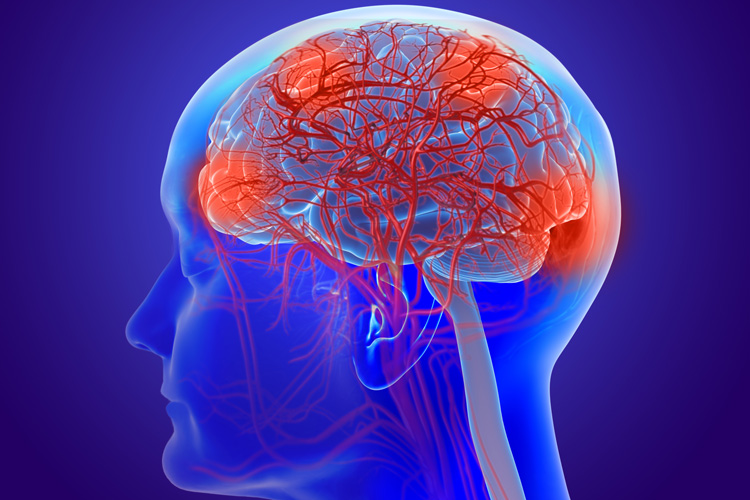What Is Neuroinflammation?

Neuroinflammation is increasingly recognized as a key factor in anxiety and depression. This post explores how neuroinflammation might be at the root of these mental health issues from a functional medicine perspective.
What Is Neuroinflammation?
Neuroinflammation refers to inflammation within the brain, which can disrupt normal brain function. Chronic neuroinflammation has been linked to mental health conditions like anxiety and depression.
How It Relates to Mental Health
Research suggests that inflammation in the brain can interfere with neurotransmitter balance, particularly those like serotonin and dopamine, which are critical for regulating mood. This imbalance can contribute to symptoms of anxiety and depression.
The Connection Between your Gut and Brain
The health of your gut can significantly impact neuroinflammation. Imbalances in the gut microbiome” can lead to systemic inflammation, which can spread to the brain and trigger neuroinflammation.
Functional Medicine Approaches
To address neuroinflammation, functional medicine focuses on:
- Improving Gut Health: Balancing the gut microbiome with diet and probiotics.
- Anti-inflammatory Diet: Incorporating foods like fatty fish, leafy greens, and berries.
- Stress Management: Practices like meditation and yoga to reduce overall inflammation.
By addressing these underlying factors, we can target the root causes of anxiety and depression, offering a holistic approach to mental health.
References
- Najjar, S., et al. (2013). Neuroinflammation and psychiatric illness. Journal of Neuroinflammation, 10, 43.
- Miller, A. H., et al. (2009). Inflammation and its discontents: the role of cytokines in the pathophysiology of major depression. Biological Psychiatry, 65(9), 732-741.

